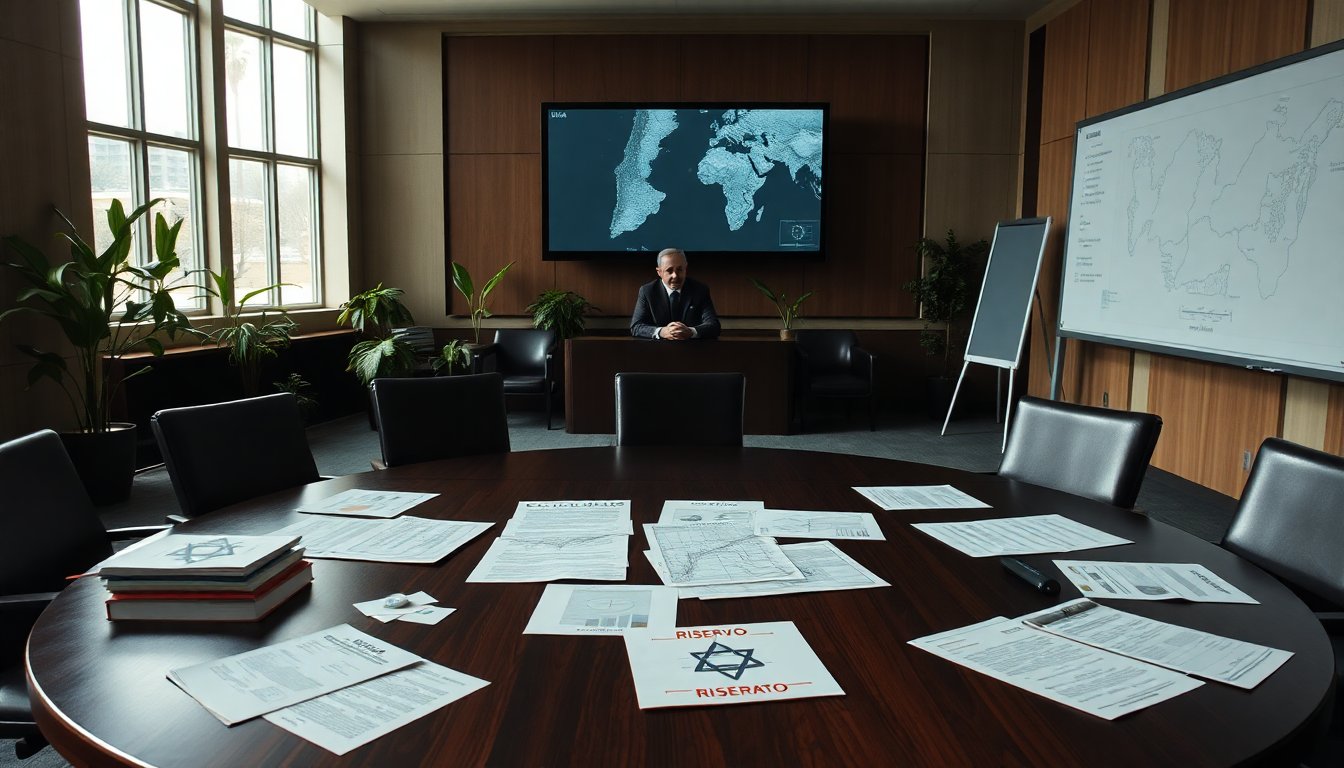Table of Contents
In the wake of the recent ceasefire agreement in Gaza, Israeli Prime Minister Benjamin Netanyahu faces a challenging political landscape. The complexity of the ceasefire discussions has led to significant criticism from two opposing factions, each with distinct expectations and demands. As tensions persist, the stability of the ceasefire remains uncertain, raising questions about Netanyahu’s future actions and decisions.
The ceasefire was deemed a necessary step; however, the real challenge lies ahead. Netanyahu must navigate the turbulent waters of political pressure, both domestically and internationally, while ensuring that the needs of the Gazan population are adequately addressed.
Complexities of the Gaza ceasefire
The ceasefire agreement, while critical for peace, is fraught with irreconcilable positions that threaten its sustainability. Key issues remain unresolved, and the potential for renewed conflict looms large. Netanyahu’s administration faces heightened scrutiny regarding its approach to these critical issues, which could ultimately undermine the fragile peace achieved.
Political pressures from within
Domestically, Netanyahu is under pressure from various political factions. Hardliners demand a more aggressive stance towards Hamas, arguing that any concessions could be perceived as weakness. Conversely, more moderate voices within his coalition advocate for a focus on humanitarian needs and long-term solutions. This duality creates a precarious balancing act for the Prime Minister, who must weigh the potential backlash from his political base against the necessity of maintaining ceasefire agreements.
International implications and accountability
Beyond domestic pressures, Netanyahu must also contend with international scrutiny. As the situation in Gaza evolves, accountability for Israel’s actions is expected to increase, particularly from countries in the Global South. These nations are likely to demand a more equitable approach to the Israeli-Palestinian conflict, complicating Netanyahu’s diplomatic efforts.
Trade versus migration considerations
In navigating these international waters, Netanyahu faces a complex interplay between trade relationships and political ramifications. Nations such as the United Kingdom and India are evaluating their positions, weighing the benefits of trade against the potential fallout from migration politics. This delicate balance will significantly shape future international relations and may impact Netanyahu’s ability to secure favorable terms for Israel.
Hope amidst uncertainty
Despite the challenges, the recent ceasefire offers a glimmer of hope for the people of Gaza. Many advocate that the children in the region deserve the best opportunities for growth and development, free from the shadows of conflict. The ceasefire presents a unique moment to address humanitarian needs and rebuild trust between communities.
However, for this hope to materialize, sustained efforts are required from all parties involved. It is crucial that the ceasefire evolves into a more comprehensive peace process, addressing the underlying issues that have fueled decades of conflict.
Ultimately, the path forward for Netanyahu is fraught with obstacles. Balancing internal political pressures with international expectations will demand adept leadership and careful negotiation. As the situation unfolds, the world watches closely, hoping for a resolution that not only secures peace but also prioritizes the welfare of the Gazan population.


